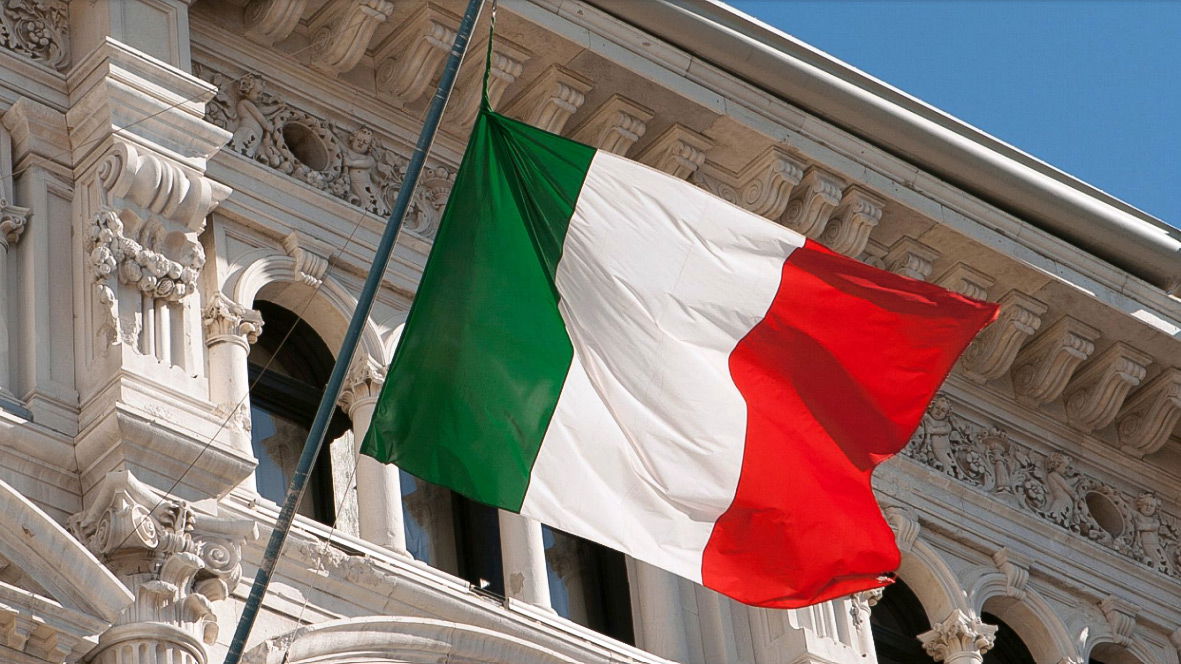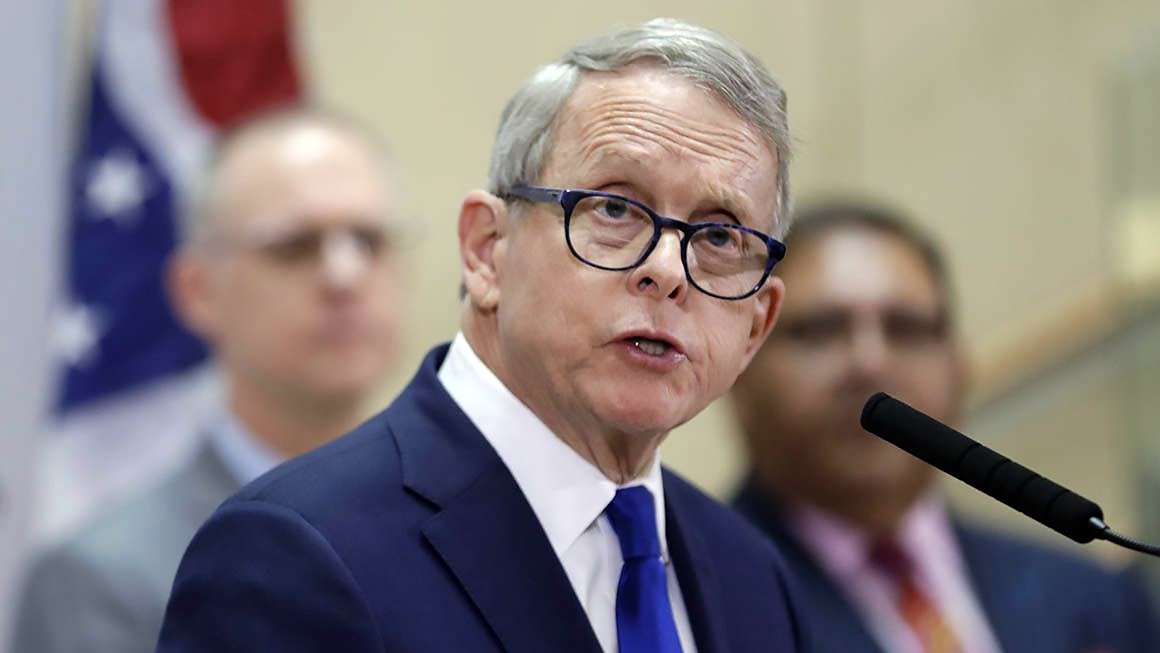A deeper look at Italy’s gambling market in 2025: A New era of regulation, renewal, and consolidation

In 2025, the Italian gambling market is experiencing a seismic shift. Long a pillar of European gaming, Italy has recently overtaken the UK as the continent’s largest gambling market by gross gaming revenue (GGR), with estimates placing its 2024 revenues at over €21.6 billion.
But beneath these impressive numbers lies a deeper story of regulatory overhauls, license renewals, and increasing market consolidation, factors that are reshaping the industry from the inside out and redefining the sector for years to come.
A booming industry facing new controls
Gambling in Italy has always had deep cultural and economic roots. From state-run lotteries and sports betting shops to the rise of online platforms, the Italian public has shown a consistent appetite for games of chance. In 2024, that appetite translated into approximately €5 billion in online GGR and €16.5 billion from land-based operations.
While this surge in growth suggests a thriving ecosystem, it also prompted renewed scrutiny from Italian lawmakers and regulators. Rising concerns over consumer protection, illegal gambling, and fair competition led to the introduction of a wide-reaching set of reforms designed to modernize the sector and bring it under tighter control.
License renewal: A €7 million barrier to entry
At the heart of these reforms is Italy’s ambitious license renewal program. All existing online gambling licenses expired on December 31, 2024, but under the 2025 Budget Law, a one-year extension was granted to allow operators to continue functioning while a new tender process was launched.
That tender, opened by Italy’s gaming regulator ADM (Agenzia delle Dogane e dei Monopoli), marked a radical departure from previous licensing rounds. In a clear signal of the government’s intent to professionalize and consolidate the market, ADM limited the number of available online licenses to just 50, each priced at a staggering €7 million for a nine-year term.
To qualify, applicants had to meet strict criteria: minimum revenue thresholds, proven technical infrastructure, and robust anti-money laundering (AML) protocols. They also had to demonstrate compliance with Italy’s strict responsible gaming regulations. The bidding window ran from March 31 to May 30, 2025, with evaluation beginning in June.
Consolidation and market contraction
Unsurprisingly, the high entry fee has sparked a wave of market consolidation. According to Italian iGaming expert Davide Pellegrino of Bookmakerbonus Italia, this framework is “designed to reduce the number of operators active in the market”.
He expects the number of licensed operators to fall from over 80 to approximately 30-35 by the end of 2025. This will likely concentrate more than half the country’s online gambling revenue in the hands of just four or five major players.
In addition to the upfront cost, successful applicants must meet stringent financial and operational criteria. These include demonstrating a minimum of €3 million in revenue over the previous two years, providing substantial bank guarantees, and complying with enhanced standards on anti-money laundering (AML), player protection, and technical infrastructure.
“The significant cost of entry, combined with the restrictions on the number of brands an operator can hold, will naturally phase out smaller or less-established players,” Pellegrino explains.“With fewer operators in the mix, the market will likely get more competitive, but also more focused on quality and following the rules. That should make things safer and more reliable for players.”
Mergers and acquisitions have already begun to reshape the landscape. Most notably, Flutter Entertainment, owner of FanDuel and Paddy Power, agreed in 2024 to acquire Snaitech for €2.3 billion, adding to its existing Italian holdings that include Sisal. The combined entity will control a commanding share of Italy’s digital and retail gambling revenue.
Regulatory Overhaul: Taxes, advertising, and enforcement
The license renewal process is just one piece of Italy’s broader gambling reform. The 2025 Budget Law also introduced tax increases on online GGR:
- Online sports betting: 24% → 24.5%
- Online casino: 25% → 25.5%
- Retail sports betting: 20% → 20.5%
A notable exception came for horse racing betting, where the tax rate dropped significantly, from 43% to 20.5%, in an effort to revive interest in the struggling vertical.
These fiscal changes were paired with heightened enforcement against illegal operators. In 2023 and 2024, ADM blocked nearly 10,000 unauthorized online platforms and carried out over 19,000 inspections. They are also investing in AI-driven surveillance tools to detect irregularities in real-time and enhance AML monitoring.
Still, the Italian black market remains a formidable force, with estimates suggesting that up to €25 billion in wagers still flow through unlicensed sites annually. The European Gaming and Betting Association (EGBA) has argued that Italy’s restrictive policies, particularly the country's controversial advertising ban, may be unintentionally fueling this underground market.
Looking ahead: Challenges and opportunities
As Italy turns the page on a complex regulatory era, the 2025 license renewal marks the start of a more mature, tightly managed gambling ecosystem. The country’s approach — raising financial and operational bars, restricting access to serious contenders, and rethinking outdated policies — has already started to redefine the rules of engagement.
For operators, success in Italy will no longer be based solely on marketing or market entry. It will hinge on sustainability, integrity, and strategic innovation. As Pellegrino puts it, “Italy isn’t just trying to limit gambling, it’s trying to do it better.”
The coming years will test whether this strategy can strike the delicate balance between consumer protection, market growth, and competitive fairness. But if it succeeds, Italy could well become Europe’s gold standard for regulated gambling.

















